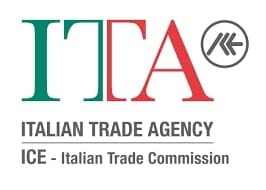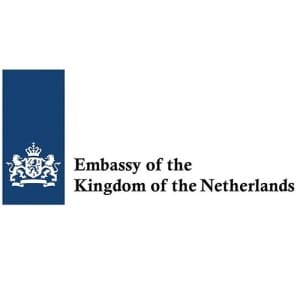Trusted by leading brands

Who Are We
Who Owns Whom
Who Owns Whom (WOW) was established in 1980 as an independent organisation producing high quality, original research on African industry and business.
Our Solutions
WOW solutions inform key business functions
Market Intelligence and Strategy
Gain valuable insight into target industries, new opportunities and understand potential vertical and horizontal expansion opportunities.
Know Your Customer/Supplier
Corroborate information supplied by customers, prospective customers and suppliers.
Compliance and Risk
Independent third-party corroboration of ownership and statutory information
M&A, FDI and Private Equity
Identify, understand and monitor investment changes and opportunities across the African continent.
Learning Solutions
Use industry reports as a basis for an analysis of key success factors, pain points and competitive landscape of African industries.
Media
Most recent articles
BlogCountries Arts entertainment and recreationSouth Africa
The event management industry in South Africa and the impact of technology and geopolitical shifts
Contents [hide]Events such as conferences were organised very differently in the 1990s compared to now. Simple examples such as confirming attendance and enhancing value for delegates have resulted in drastic...
BlogCountries South AfricaWholesale and retail trade repair of motor vehicles and motorcycles
South Africa’s Food Retail & Wholesale Market 2025: Growth, Trends, and Challenges
Contents [hide] Who Owns Whom’s report on the wholesale and retail of food in South Africa highlights critical shifts in the industry amid ongoing debates about VAT increases. With food...
BlogCountries Accommodation and food service activitiesSouth Africa
South Africa’s Travel & Tourism Industry in 2025: Trends, Growth, and Challenges
Contents [hide] The status of travel and tourism in South Africa The drastic COVID-19 lockdown measures were devastating for tourism industries all over the world, as illustrated in the graph...
BlogCountries Agriculture forestry and fishingSouth Africa
The Agribusiness Sector in South Africa
Contents [hide] The South African agribusiness sector is a backbone of the economy, driving growth and providing food security and employment. Who Owns Whom’s report on the agricultural sector in...
BlogCountries Administrative and support activitiesSouth Africa
Regulation and oversight in accounting – balancing fairness, stability and economic growth
Contents [hide] Regulation and oversight increase the level of certainty essential for fairness and stability, particularly in the accounting profession. Clearly defined regulations prevent malfeasance, fraud, corruption, and injustice. The...
BlogCountries Information and communicationSouth Africa
The AI Revolution in South Africa: Navigating the Unstoppable Tech Wave
Contents [hide] Tech trends in South Africa, like all over the world, are dominated by artificial intelligence (AI). As usual, initial reactions to new technology are often optimistic. The revolutionary...
South AfricaTransportation and storage
The Motor Vehicle Industry in South Africa: Challenges, Prospects and Opportunities
Read MoreAgriculture forestry and fishingMozambique
Tobacco industry in Mozambique – Strategies to revitalise Mozambique’s declining tobacco industry
Read MoreSouth AfricaTransportation and storage
Africa’s Ports and Harbours: Driving Trade and Growth Across the Continent
Read More









































































